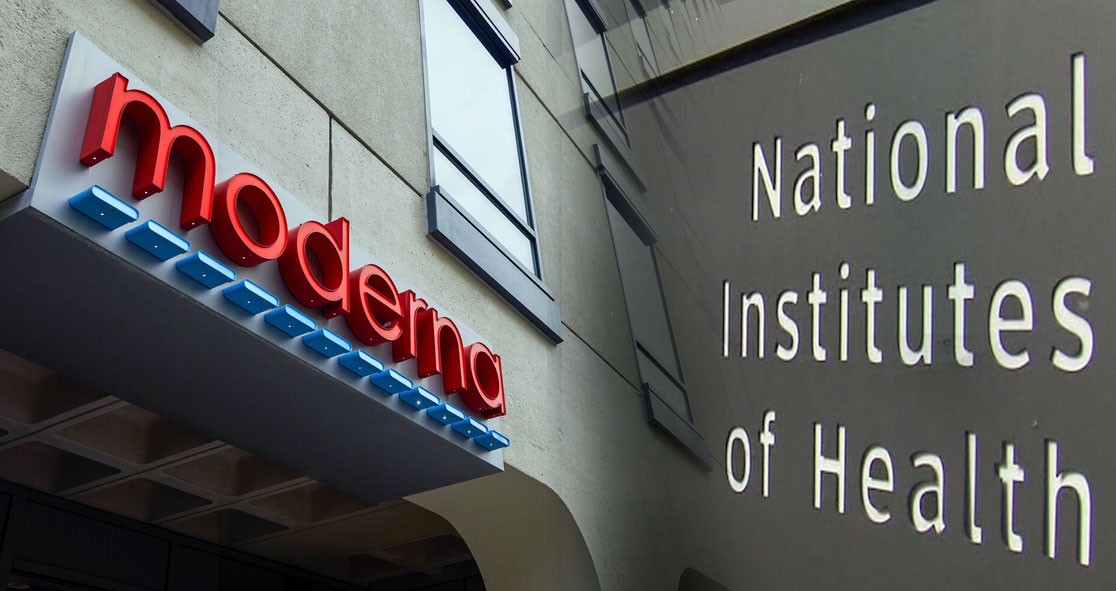Moderna Therapeutics and researchers from the National Institutes of Health (NIH) had worked together to develop the company’s mRNA vaccine against COVID-19 infection.
Now, a consumer rights advocacy group is crying foul over Moderna’s omission of federal scientists in some credits for its vaccine’s patent application, according to BioSpace.
In a letter dated November 2, the advocacy group Public Citizen urged NIH director, Dr. Francis Collins, to clarify the NIH’s role in Moderna’s vaccine publicly.
The group also urged Dr. Collins to explain what he plans to do next to ensure that federal scientists are appropriately credited for their work.
Peter Maybarduk, Director, Public Citizen’s Access of Medicines Program, wrote in the letter, “New evidence has emerged showing that Moderna did not name NIH scientists as co-inventors in three patent applications covering the composition of the spike protein sequence encoded by mRNA-1273.”
“Federal scientists are only acknowledged as co-inventors for one patent application covering a method of use for mRNA-1273,” he added. “Because co-inventorship creates a presumption of co-ownership, this series of exclusions could have important public health consequences.”
The advisory group also called on the NIH to reveal any “legal remedies” to address the matter, expressing concern over Moderna’s move despite knowing that NIH scientists played a key role in developing their product.
Experts of patent law said co-ownership could potentially empower the federal government to approve the use of some of the vaccine patents worldwide without having to seek Moderna’s permission, per the news outlet.
It has been found that Moderna had denied the NIH’s request to include the names of its researchers as co-inventors. The company also claimed that the federal agency had no hand in the development of the mRNAs and mRNA compositions.
Dr. Barney Graham, a former top official at the NIH, said they communicated with Moderna’s CEO in January, who had reportedly told them they would only start manufacturing as soon as the scientists would send the sequence.























